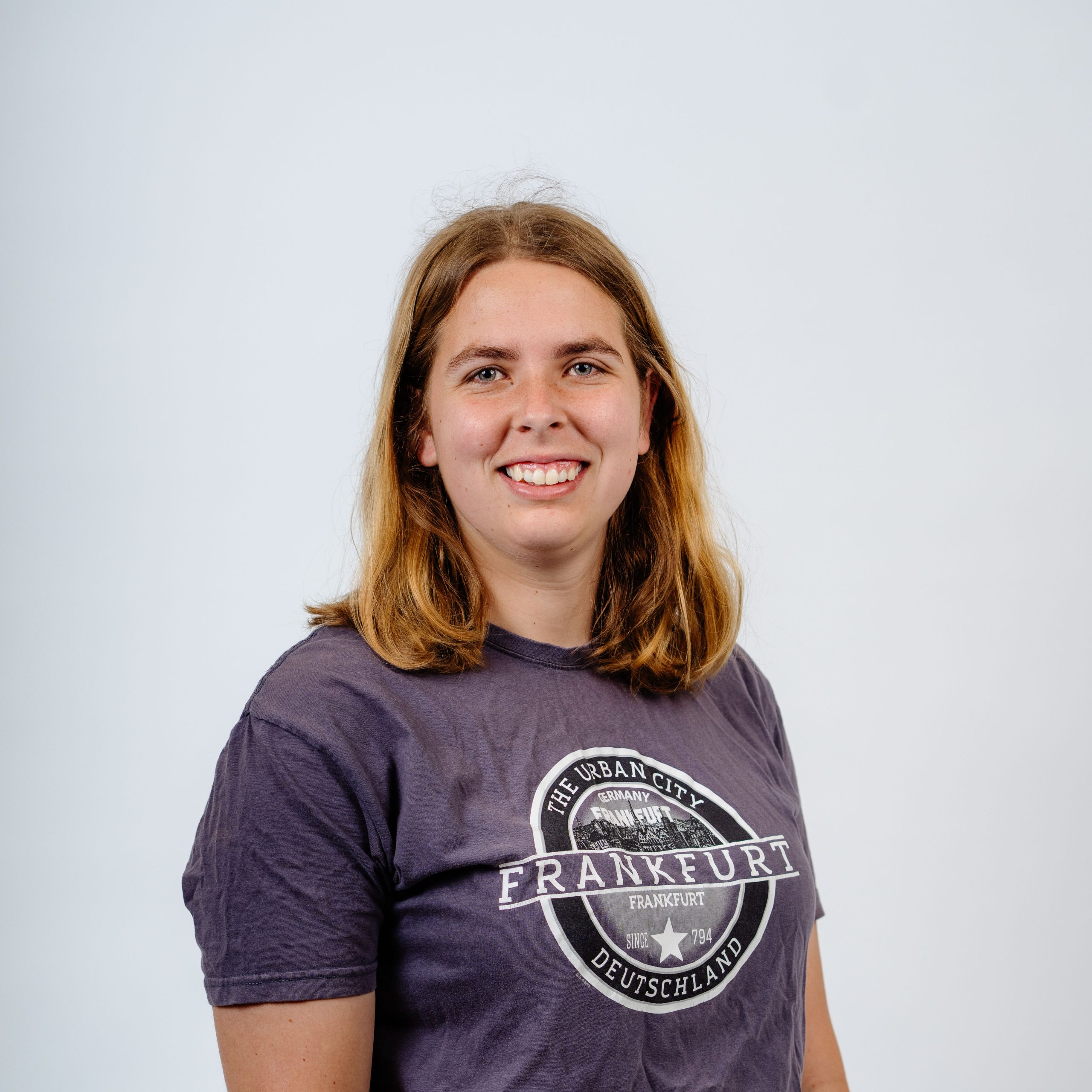Supporting our
strong wool industry
For several years Lincoln Agritech has been lead provider in an ambitious programme for the Wool Research Organisation of New Zealand (WRONZ) to develop new uses for wool.
Crossbred wool, a core product of the New Zealand agricultural sector, has been struggling for many years with record low prices and demand.
But working with WRONZ, Lincoln Agritech scientists and engineers have developed a portfolio of new use product possibilities that capitalise on wool’s inherent performance benefits – such as moisture management (making it comfortable next to the skin), colour binding, absorption and neutralisation of pollutants.
In 2021 WRONZ launched the subsidiary Wool Source to commercialise the first of the innovations to emerge from this programme.
Lincoln Agritech supported these commercialisation efforts, by acting as project leader on the build of a pilot-scale manufacturing facility, on the Lincoln University campus, to deliver the first products, Wool Source Particles, Wool Source Powders, and Wool Source Pigments.
“We delivered this multi-million-dollar manufacturing facility on time and on budget, with support from engineering consultancy DETA Engineering,” says New Materials Group Manager Rob Kelly.
“This went well beyond the usual manufacturing prototypes and small-scale equipment our engineers would more commonly be involved in, and shows the scale-up expertise and practical process engineering capabilities within our team.”
The Wool Source pilot facility is being used to develop market samples, aimed at local and international companies mainly in the print, textile and personal care sectors. The products offer sustainable, innovative solutions to the increasing performance and environmental demands these sectors are experiencing and have received a strong positive response nationally and internationally.
In November 2022, the first lipstick using WoolSource pigments was launched, by New Zealand lipstick brand Karen Murrell.
The Team
-

Amy Cruickshank
Senior Research Scientist -

Ben Edwards
Chemical Technician -

Erica Sue-Tang
Research Assistant -

Gail Krsinic
Wool Science Leader -

Haidee Middlewood-Krsinic
Process Development Engineer -

Helen Ashmead
Research Team Leader Fibres -

Rob Kelly
Group Manager, New Materials & Biotechnology -

Roger Cook
Workshop Engineer -

Samantha Thomas
Chemical Technician -

Shaahin Saleh
Fibre Science Leader -

Thomas Hughes
Process Development Engineer


